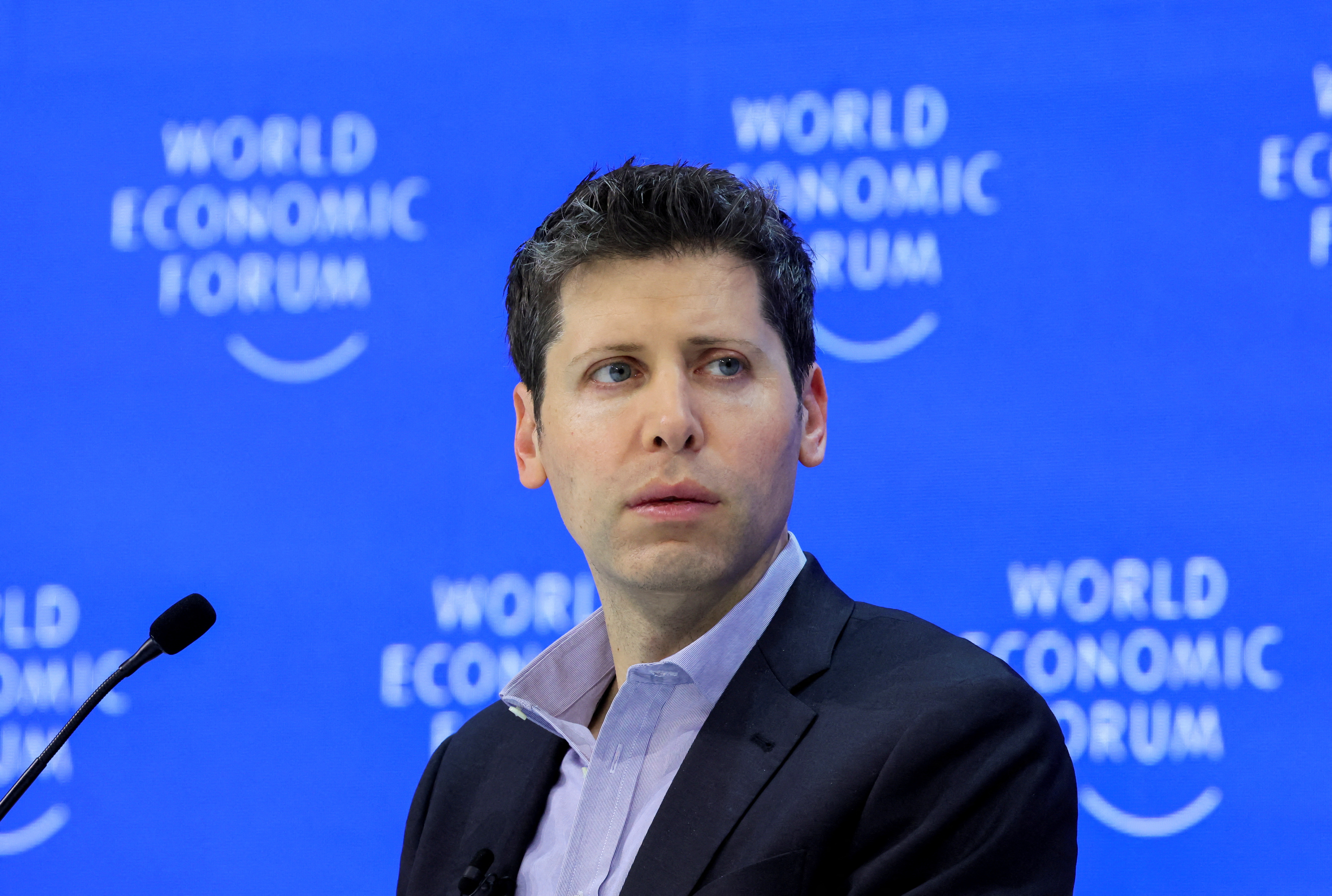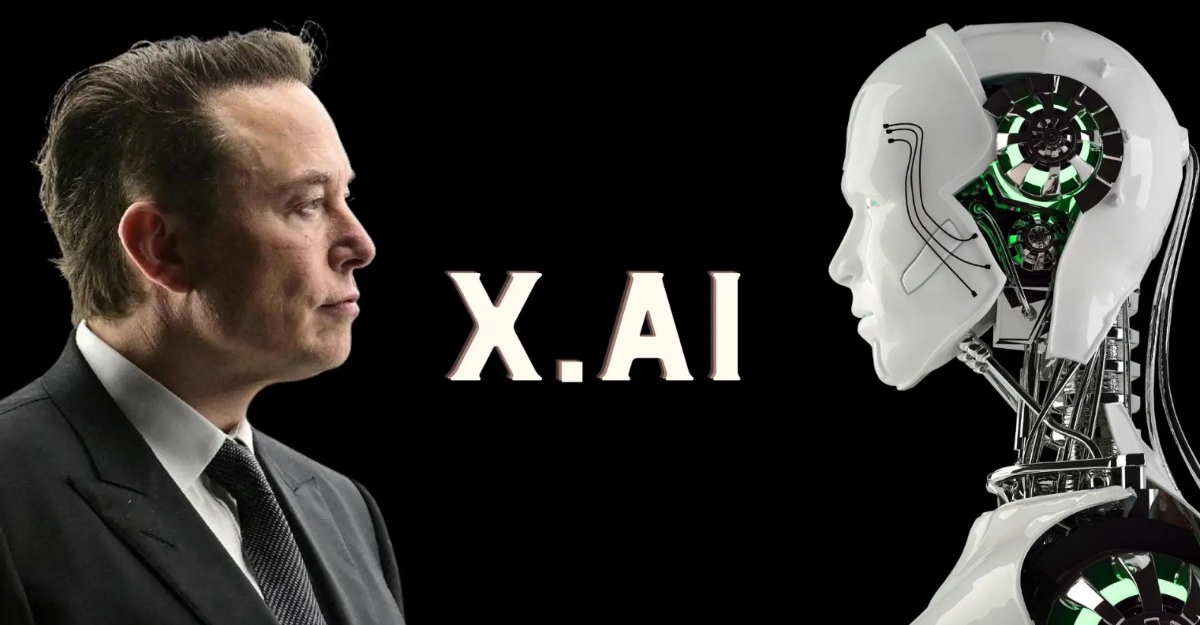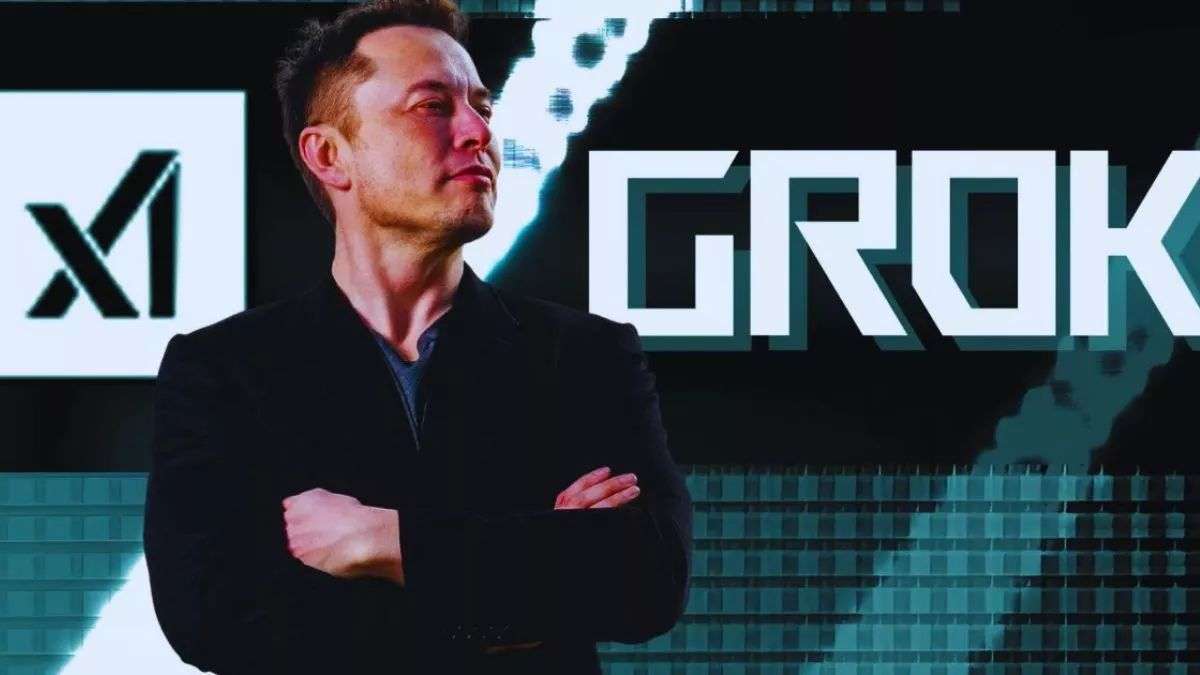Why Has Elon Musk Sued OpenAI And CEO Sam Altman? Musk’s Secretive AI Startup xAI And His Battle For The Soul of AI
In the rapidly growing interest and market for AI, there are few figures who loom as large as Elon Musk, the visionary entrepreneur behind Tesla and SpaceX. However, Musk's relentless pursuit of technological innovation is matched by his unwavering declaration of ethical AI development. It's against this background that Musk has taken on a legal battle with OpenAI and its CEO, Sam Altman; at the heart of the dispute is the fundamental question - has OpenAI strayed from its philanthropic origins to become a profit-driven entity and forsaken its mission to safeguard humanity from the perils of advanced AI?

Elon Musk, the innovative entrepreneur behind Tesla and SpaceX, has once again made headlines, this time for suing OpenAI and its CEO, Sam Altman.
The lawsuit, filed in a California state court, alleges that OpenAI has strayed from its original nonprofit mission by partnering with Microsoft for a staggering $13 billion and withholding the code for its latest generative AI products.
Musk, a co-founder of OpenAI, claims this move violates the company’s founding principles and is demanding restitution for the profits earned through this partnership.
When OpenAI was established in 2015, its primary objective was to act as a safeguard against the perceived existential threat posed by artificial generative intelligence (AGI). The company’s commitment to transparency was evident through its public release of product code and the establishment of a board of overseers tasked with scrutinizing all developments.

However, the formation of OpenAI LP in 2019, a for-profit entity within the organization, marked a significant departure from its original ethos; led by Altman, this shift propelled OpenAI’s valuation to $90 billion, a move that Musk views as a betrayal of the company’s nonprofit mission.
The lawsuit spotlights a series of events that have heightened tensions within OpenAI, including a leadership crisis in which Altman was temporarily ousted due to concerns regarding the risks associated with AI. Despite this, Altman was reinstated with the backing of Microsoft, further cementing the tech giant’s influence over OpenAI’s operations.
Musk’s complaint stresses the opacity surrounding Altman’s initial removal, signalling a lack of transparency in the company’s decision-making processes.
Central to Musk’s grievance is also Microsoft’s pervasive role in shaping OpenAI’s trajectory.
While Microsoft is not a defendant in the lawsuit, it is mentioned extensively, reflecting Musk’s concern over the tech giant’s growing dominance in AI.
Accusations of content theft from Musk’s own ventures further fuel the contention, painting a picture of Microsoft as a driving force behind OpenAI’s transformation into a profit-driven entity.
Dangers Of AI
Musk’s departure from OpenAI in 2018 did not dampen his fervent advocacy against the perils of AI.
In his complaint, he describes the current leadership of OpenAI as motivated by greed, prioritizing financial gain over the broader implications of AGI.
Thus, the ideological clash has spotlighted a fundamental debate within the tech industry – whether AI should be harnessed for profit or approached with caution due to its potential societal ramifications.
The Differences
As the lawsuit unfolds, it is turning out to be a battleground for competing visions of AI’s future.
On one side stands Musk, a vocal proponent of ethical AI development, who is urging restraint in the pursuit of profit and on the other side, Altman and OpenAI seem to be symbolizing a significant shift towards commercialization, driven by the allure of economic gain.
Hence, importantly, the outcome of this legal showdown will not only shape the course of OpenAI but also influence broader discussions surrounding AI ethics and regulation.

The Start Of xAI, Grok
Recent reports reveal Musk’s confidential efforts to secure billions of dollars in funding for his secretive AI startup, xAI.
The move marks a significant divergence from his previous involvement with OpenAI, indicating Musk’s determination to carve out a distinct path in the competitive arena of AI development.
While Musk’s ties to OpenAI are well-documented, however, his latest venture with xAI indicates the escalating arms race among major tech companies vying for dominance in the realm of generative AI models.
With players like OpenAI setting their sights on raising trillions to stake their claim in the semiconductor industry, Musk is following suit, albeit on a more modest scale, seeking to raise between $1 and $3 billion for xAI.
If successful, this funding round could propel xAI to a valuation between $10 and $20 billion, despite its primary product, the chatbot Grok, being its sole notable offering thus far.
Grok, introduced as a premium feature on Musk’s social media platform X (formerly Twitter), has garnered attention for its bold stance against what Musk perceives as the prevailing “wokeness” in media.
However, its effectiveness and differentiation from mainstream competitors like ChatGPT and Google’s Gemini have come into question, particularly after instances where Grok failed to adhere to its intended mandate, offering responses that aligned more closely with its counterparts.
Reportedly, in his pursuit of funding for xAI, Musk is tapping into a diverse pool of investors, including Middle Eastern sovereign wealth funds and U.S.-based family offices, while also considering a significant personal investment.
Despite previous denials regarding xAI’s capital-raising efforts, the company’s recent SEC disclosure revealed its intent to secure $1 billion in funding, showing Musk’s commitment to accelerating its growth and impact in the chatbot space.
/cdn.vox-cdn.com/uploads/chorus_asset/file/24085014/STK171_L_Allen_Musk_03.jpg)
The Threat
The timing of Musk’s initiative coincides with heightened scrutiny surrounding AI technologies, illustrated by Microsoft’s investigation into its Copilot chatbot following reports of inappropriate responses to users with traumatic experiences.
While there’s no indication that Grok shares similar tendencies, the incident emphasizes the importance of guiding AI development’s ethical and societal implications as these technologies continue to evolve.
Will Musk Succeed
As Musk launches this ambitious quest to establish xAI as a prominent player in the chatbot realm, challenges and uncertainties undoubtedly lie ahead.
However, his track record of disruptive innovation and bold vision suggests that xAI may indeed be poised to make a significant impact on the future of artificial intelligence.
What To Know About Elon Musk’s New AI Company, xAI
In March 2023, Elon Musk officially incorporated xAI in Nevada and reportedly made a significant hardware investment by purchasing approximately 10,000 graphics processing units (GPUs), essential for developing and operating cutting-edge AI systems.
While the company has remained tight-lipped about its financial backing, reports in April suggested that Musk was in discussions to secure funding from investors associated with SpaceX and Tesla, both companies under his leadership.
Collaboration And Mission
Despite limited disclosure about its objectives, xAI announced on its website that its team would engage in a Twitter Spaces call to address inquiries, emphasizing Musk’s ownership of Twitter.
The company expressed intentions to collaborate closely with Twitter, now known as X Corp., alongside Tesla and other entities, in pursuit of its mission, as stated on its website.
Elon Musk, known for his vocal apprehension about the risks posed by advanced AI, revealed his establishment of a new AI entity to counter potential “AI dystopia.”
However, concerns have been raised by experts and advisors, who fear that the company’s entry into the AI ecosystem could intensify the race for powerful AI systems, potentially undermining safety efforts.
The leadership team at xAI, spearheaded by Musk, comprises former personnel from prominent AI firms such as OpenAI, DeepMind, Microsoft, and Tesla.
Notably, the Center for AI Safety has emerged as a vocal advocate for addressing safety concerns, with prominent figures from various AI companies, including CEOs like Demis Hassabis and Sam Altman, endorsing statements emphasizing the importance of mitigating AI-related risks.
While Elon Musk did not sign the Center for AI Safety statement, he lent his support to an open letter published by the Future of Life Institute in March. The letter called for a temporary halt in training AI systems more powerful than GPT-4.
Moreover, in an interview with Carlson in April, Musk expressed apprehension about AI models being trained to adhere to political correctness and pledged to develop a “Truth GPT,” aimed at promoting maximum truth-seeking capabilities in AI.

The Last Bit, Elon Musk’s lawsuit against OpenAI is more than a legal dispute; it’s a clash of ideologies that encapsulates the broader tension between technological progress and ethical responsibility.
As AI continues to permeate every aspect of our lives, the stakes have never been higher, and the battle for its soul rages on; at the same time,
Elon Musk’s pursuit of funding for xAI displays the dynamic nature of the AI industry, characterized by fierce competition, strategic investments, and ethical considerations.
As xAI sets on its journey, the intersection of technological advancement and responsible innovation will be paramount in shaping its trajectory and broader implications for society.
As the company forges ahead with its mission, the involvement of industry experts and leaders, alongside Musk’s visionary initiatives, will play a crucial role in shaping the direction of xAI and its impact on the broader AI ecosystem.






